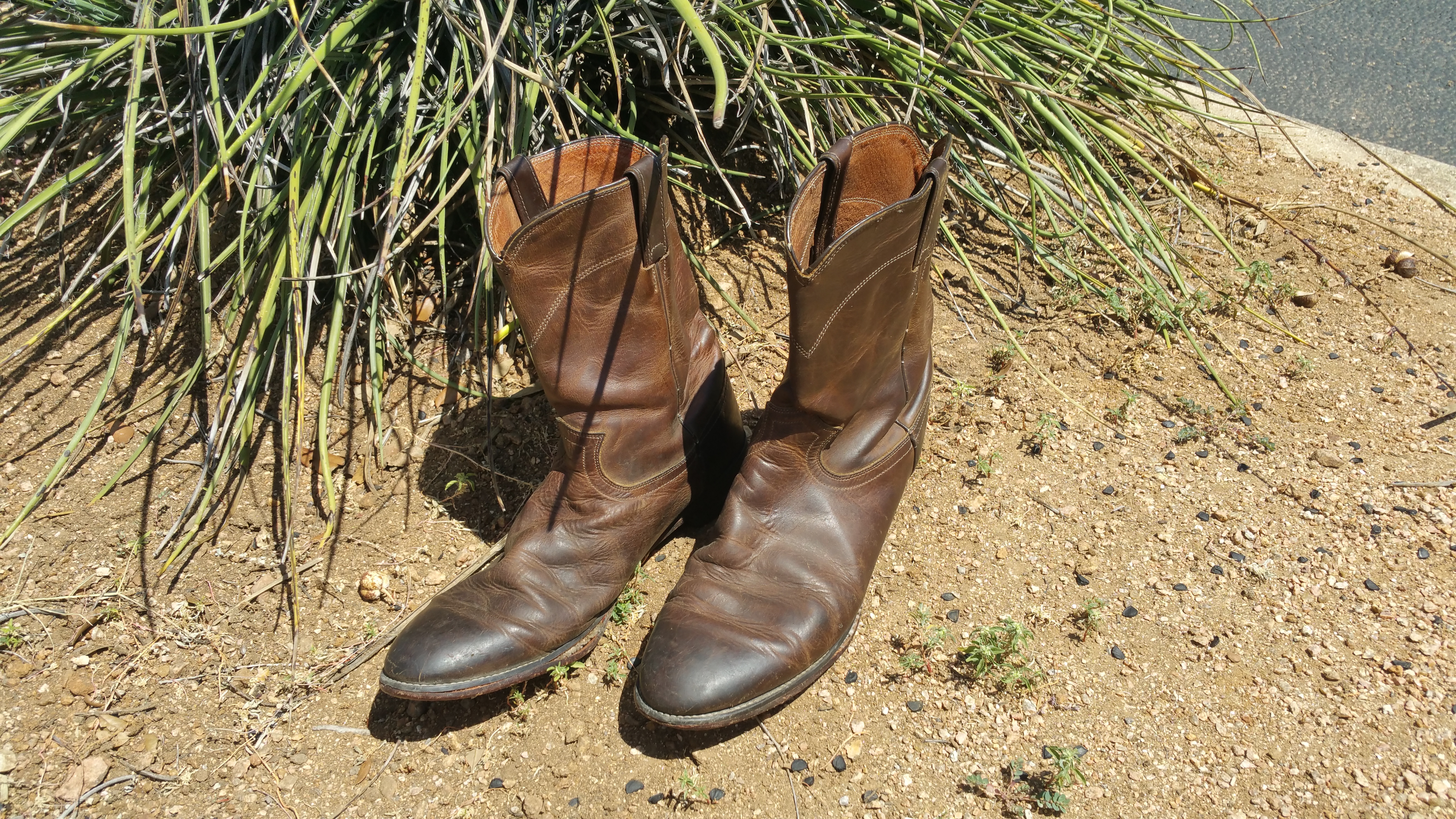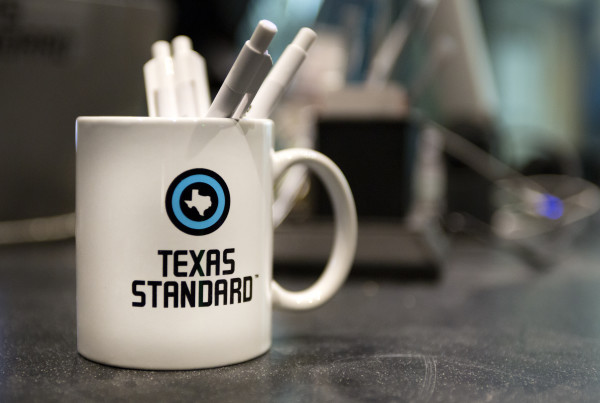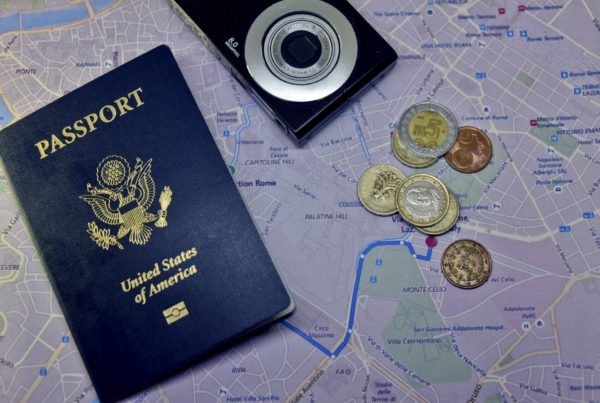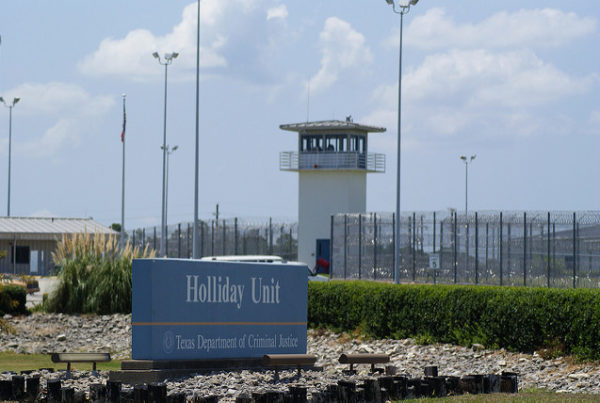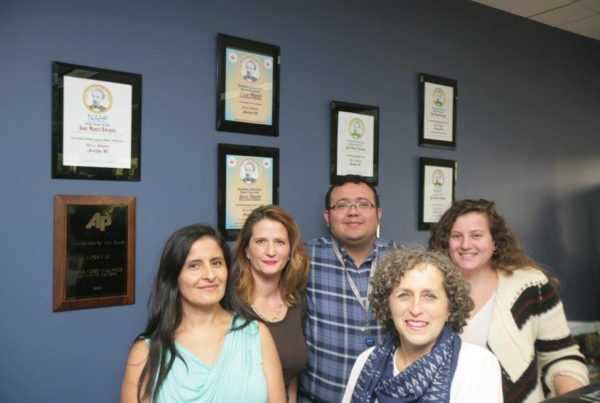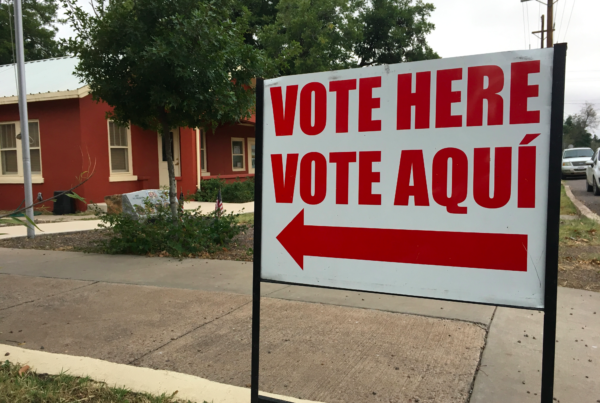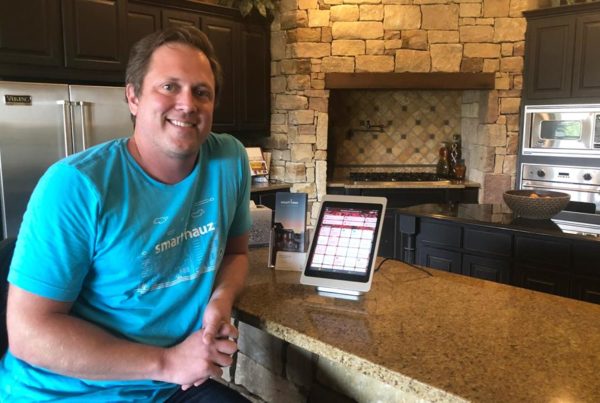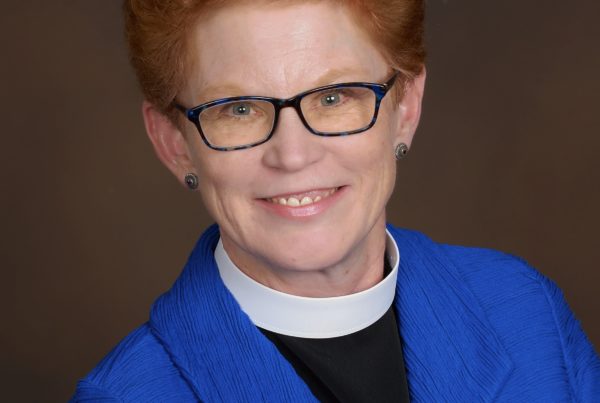Growing up in Boerne, Texas, Joel Muñoz didn’t have a lot. His mom was a single parent who worked nights at a nursing home, earning $2.50 an hour.
“We had quite a few Christmases that were sanctioned by the Marines. The Marines would bring us toys and things like that,” he says.
And like a lot of kids, he dreamed of a pair of Air Jordan sneakers, but that wasn’t in the cards.
“Unfortunately, I grew up knowing that I was poor,” he says.
When Muñoz was a teeneager, his mom was diagnosed with the cancer that eventually took her life.
“I usually had about two jobs, if not three,” Muñoz says.
Things were so bad that he couldn’t afford a pair of shoes to replace the ones that were “falling off my feet,” he says. Some friends who worked with Muñoz at Walmart collected money to help him buy a new pair.
“I didn’t feel worthy of receiving these shoes,” he says.
As an adult, Muñoz got a job on an oil rig. But he retained the scars from the poverty of his early life. And the money was not yet rolling in.
“I was broken and battered,” he says.
One night, with two weeks off ahead of him, friends asked Muñoz to go out. He went to Sheplers in San Antonio, hoping to find a pair of boots to round out his outfit.
“I come across these black, plasticky, not very well-made boots. But they were $50,” he says.
Next to the cheap boots was a pair much more to Muñoz’s liking, but more than twice the price.
“They look old,” he says. “They’re leathery, but they just look comfortable, like my grandfather’s ranch gloves.”
And they fit as good as they looked, so Muñoz handed over a hard-won $120.
“And I walked out a different man,” Muñoz says. “And I haven’t changed. Everything I do is ‘this is what I’m worth.'”
Written by Shelly Brisbin.


